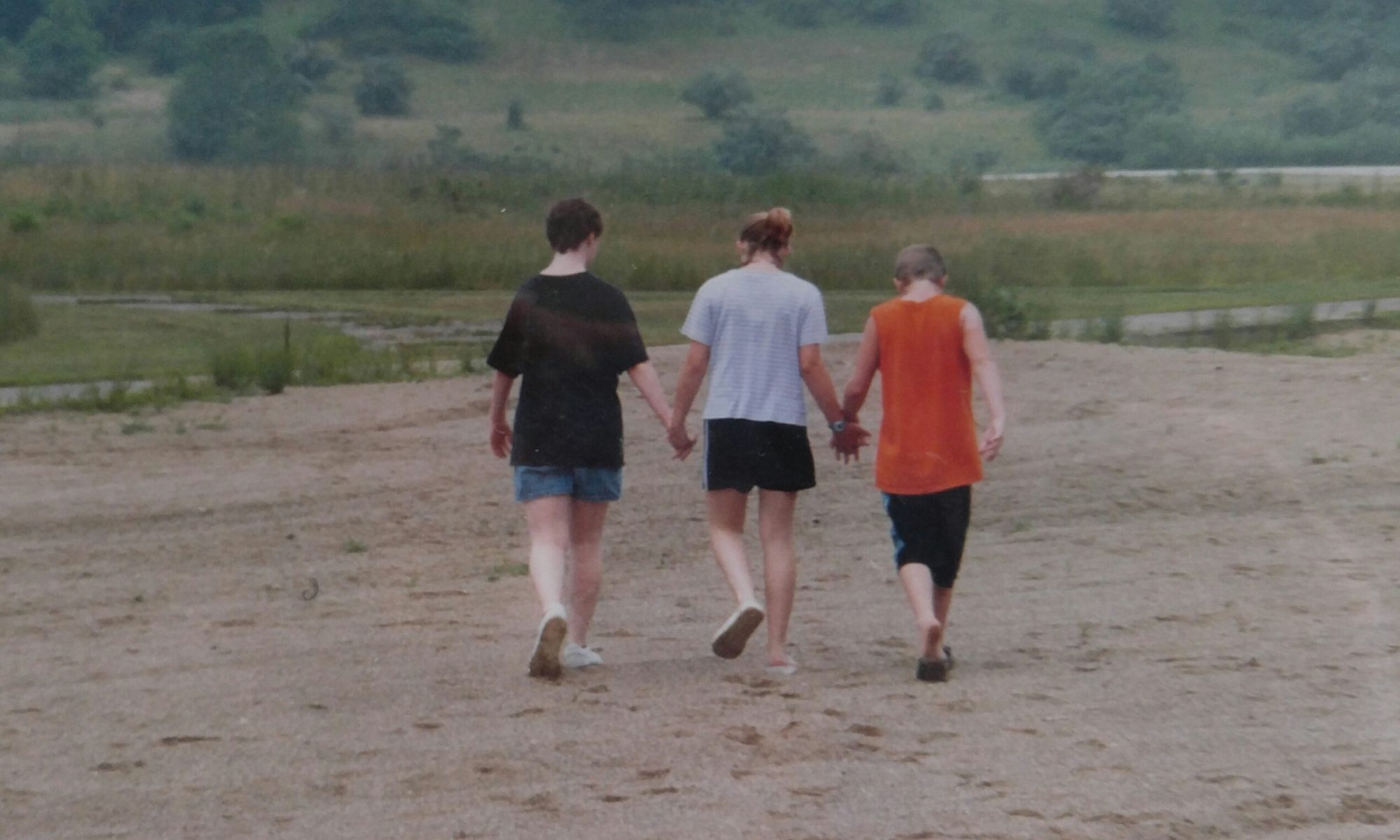
Those of you who read last week’s post know what the last month or so has been like for our family. And in the middle of our grief, self-care has become even more important – and the first thing that I stop doing.
When you have a child with special needs, that child (or children!) can become the only thing you think about. Your life revolves around what you want for that child and, sometimes, even your other children suffer for that. While I don’t think I ever focused so much on Casey and Rob that Mandy suffered, I know there were times that she didn’t get the attention she deserved. I know even more that I didn’t focus on myself enough at times and I burned out. Luckily, my family stepped in to take over for a few hours and let me regroup and recharge.
The thing is, self-care looks different for everyone. For some people, being with a lot of people helps. For others, large groups are too tiring (that’s me!). You will need to find your own way to take care of yourself.
I’m struggling to make decisions and I know it’s because of my grief. I know I need to make choices soon and my head is too fuzzy to think which choice would be best for us. The gray, rainy days are definitely not helping me, either. I need to start looking for a new job, soon, but the thought of trying to make arrangements for Casey and Rob every day again is just too much for me to deal with right now. I can’t even think what I should do. So, I’m going to take a deep breath and focus just on the next hour. Write this, take a shower, make lunch.
And then I’ll figure out what to do next. I have a list of things that need done around the house, but I’m going to focus on me and what I need right now. I know it sounds selfish, but I also know it’s what is best for me – and that means for Casey and Rob, too. I can’t be the mom they need if I’m falling apart – so me, first.
Self-care for me today might be finishing a puzzle I’ve been working on. Maybe taking a nap. Or making a Christmas wreath. Maybe I’ll finally start the book that has been sitting here for weeks. Maybe I’ll put a Christmas tree up and enjoy the bright colors. Or maybe I’ll call Tracie and talk for a few hours. All of these sound good to me right now. The best thing is, I don’t have to decide right now. My motto lately has been if I don’t need a decision this second, it can wait. I don’t care about most things right now – only my family.
For you, self care can be anything that makes you feel calm and happy. Exercising is a good one (I enjoy that – it’s great for stress relief, too!). Sleep is another. Maybe it’s a hobby you haven’t made time to enjoy in a while. Maybe it’s finding someone to watch your child while you soak in a hot bath or enjoy some online shopping. You know what makes you happy. The problem is – you let everyone else be more important than you.
And that’s going to cause problems. I guarantee you will crash at some point. I don’t know how or when, but you will. It won’t be pretty – and it can be avoided if you take care of yourself now! Before it’s too late. Please, let someone else handle things for a few minutes and do something you love. It’s not just important for you – it’s desperately important for your child, too. Like I always share – you can’t be what your child needs if you burnout.
It’s a hard lesson to learn and one I still struggle with at times. It’s hard to be selfish about doing what you love when so many other things are pulling at you. But, in this case, being selfish is what you need to be. It won’t matter tomorrow if the house is dusty or the dishes still need washed. It will matter if you are crying in bed and unable to get up because you are just done.
Focus on you – just for a little while. I promise you – life will be easier if you do.










